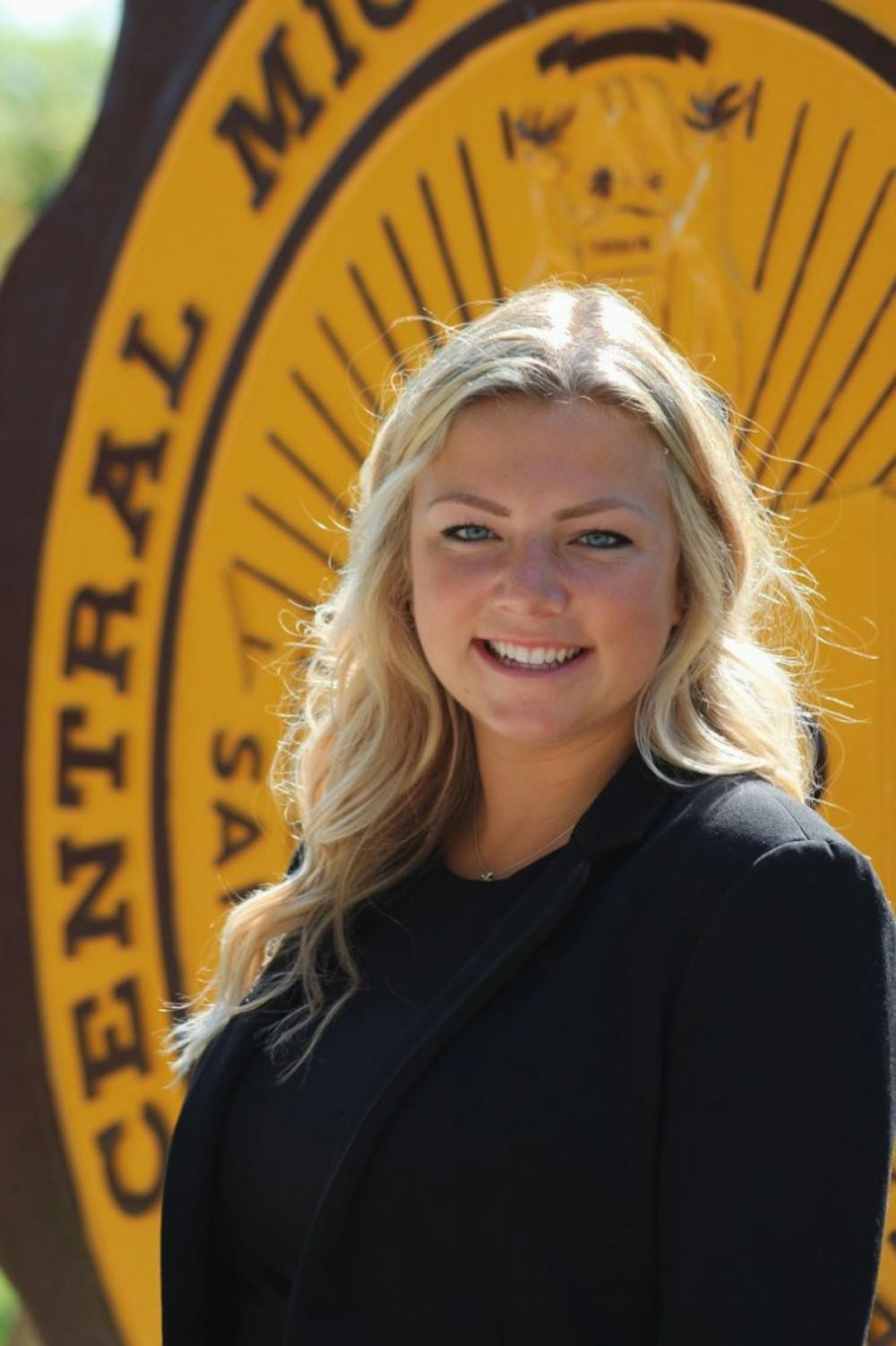OPINION: 'Culture Not A Costume' initiative raises awareness of cultural appropriation
This column is from Katie Prebelich, Student Government Association press secretary. She is a junior from Troy, Michigan.
Halloween weekend always seems to be a highlight of the school year on college campuses. With Oct. 31 quickly approaching, everyone seems to be talking about what they are going to be doing and what they are going to dress up as. As exciting as it is to be able to be whatever you want for a night, it is important to consider which costumes may be culturally offensive.
Photos of famous politicians like Gov. Ralph Northam and Canadian Prime Minister Justin Trudeau wearing blackface when they were younger has sparked conversation about what is acceptable or offensive when dressing up.
When walking through a costume shop, you’re likely to find costumes using cultural stereotypes to depict marginalized groups or to culturally appropriate parts of those cultures. Cultural appropriation is when someone adopts elements of a culture that is not their own without having proper understanding or respect for the culture. While cultural appropriation can be found regularly in mascots, advertising, and the fashion industry, it seems to be done the most blatantly during Halloween.
While some may not intend to be offensive or appropriate a culture, it is important to be mindful of the impact Halloween costumes can have. There is a line between appreciation and appropriation of a culture. Looking to understand and honor the history, beliefs and traditions of a culture is appreciating the culture. Looking to be scary, funny or sexy by using pieces of wardrobe from other cultures and not knowing their meaning or purpose is appropriation. Knowingly or not, that takes away the narrative of the people who identify with the culture and begins to redefine what that culture means in our society.
The fact of the matter is using someone else’s culture or stereotypes without knowing about the culture isn’t funny or cute, it’s offensive.
Before coming to college, it can be easy to be stuck in a cultural bubble of like-minded people and not understand different cultures or points of view. College is a great time to educate yourself on what is on the outside of that bubble. Looking to learn more about other cultures, oppression of marginalized groups and impacts that individual actions have on those groups is one way to pop that bubble.
At Central we have the privilege to live in a community with the Saginaw Chippewa Indian Tribe. Using the “Chippewas” nickname places a higher obligation on members of CMU to honor, respect and appreciate the culture. According to Central’s website, the university works with the Saginaw Chippewa Tribal Council and looks to support joint educational efforts and advance an appreciation of global indigenous peoples. As a student body, we must aim to continue these efforts every day of the year.
The Student Government Association Diversity Committee looks to educate students on cultural appropriation and create awareness for other’s cultures through their Culture Not a Costume initiatives.
“Culture Not a Costume is a needed initiate in order to limit and combat cultural appropriation as a whole,” said Diversity Committee Chair Munif Hakim. “As we as a student body and staff at CMU try to create a more inclusive environment for all individuals at this university, it is our responsibility to understand all our unique cultures and not simply borrow from different groups in a joking manner without recognizing the insensitivity and importance of what we are borrowing from.”
The committee will be holding tabling events throughout campus during the week of Halloween with educational materials about different cultures and how to combat stereotypes.
This Halloween, please look to be conscious of your choice in costume. Think about the impacts of your costume before you purchase it or wear it. If you have to question if it may be offensive, it is always better to pick a different costume.
For questions about this article, Culture Not a Costume or anything related to SGA, please contact SGA Press Secretary Katie Prebelich at prebe1k@cmich.edu.






